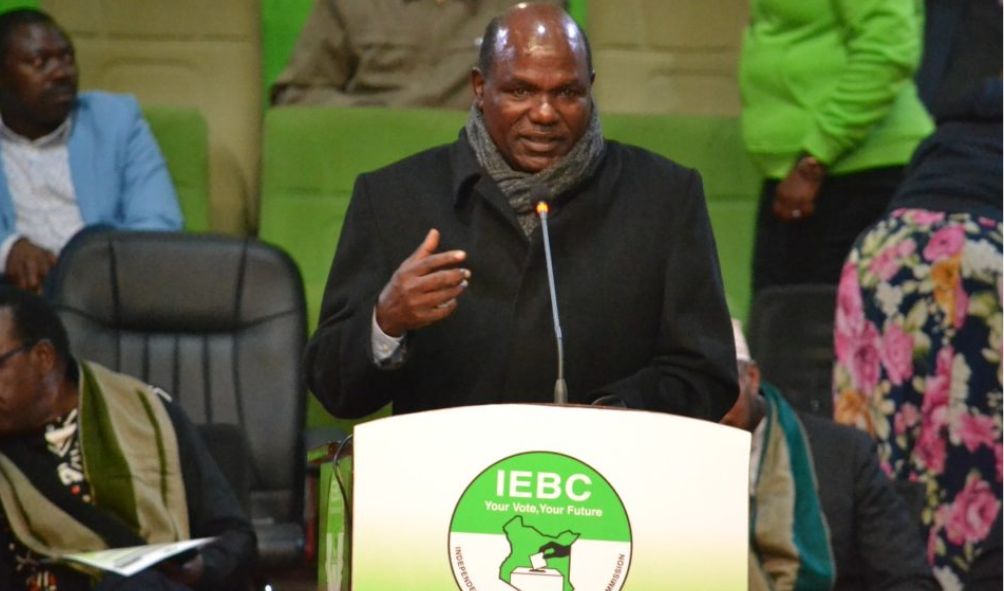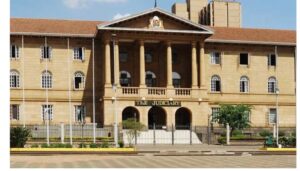IEBC spent a whooping 1 billion on results transmission

IEBC spent a whooping KSh939m on results transmission from polling stations to the national tallying centre in the 2022 general elections
IEBC spent a whooping KSh939m on results transmission from polling stations to the national tallying centre in the 2022 general elections.
According to the records provided by the commission, the electoral agency spent Sh939 million to transmit election results from the voting stations, constituency tallying centers, and on up to the national tallying center in Bomas, Kenya.
The money was paid to four Mobile Network Operators (MNOs) that were contracted to provide the crucial service.
This is supported by documents presented to the John Mbadi-chaired Public Accounts Committee of the National Assembly.
The Independent Election and Boundaries Commission hired Safaricom for Sh370 million, Airtel for Sh175.5 million, and Telkom for Sh191.9 million, according to the documents.
Also, the commission has a contract for network services worth Sh. 201.9 million with Osta Tech/ Safa-IEC Telecom (Thuraya).
Details have also emerged of threats by MNOs to disconnect results transmission over Sh601 million days to the August 9 polls.
The operators had given a quotation of Sh939 million to KIEMS results transmission for the 2022 general election.
The amount was more than Sh338 million IEBC had budgeted to transmit the election results.
The electoral agency was initially basing its budget on the 2017 election quotations.
This means the cost of transmitting results rose almost threefold over a five-year period.
IEBC chief executive Hussein Murjan in a letter dated July 22, 2022 – 17 days to the election – pleaded with then Treasury Cabinet Secretary Ukur Yatani to bridge the deficit to avoid the disruption that would have dented the integrity of the polls.
“The MNOs have threatened to disconnect our data centre and LAN WAN 1 network which is key infrastructure for result transmission in the upcoming General Elections,” Marjan’s letter reads.
“Failure to settle the long outstanding amounts will lead to service disruption which may compromise the network resilience resulting to lack of credibility of the elections and non-compliance with the law and established regulations.”
Kalonzo responds to reports on pulling out of Monday Azimio protests
CBK responds after Ksh hit the 140 mark against the dollar, details the amount of forex reserve
Treasury grants duty waivers for maize, rice imports amid looming crisis
LAN is a computer network established within a small geographic area, for instance, a house, office or building, and allows users to transfer data faster.
WAN is a computer network that covers a broad geographical area and is comparatively slower in data transfer rate.
Section 39 (1c) of the Elections Act No 24 of 2011 requires the commission to electronically transmit presidential results from polling stations to the constituency tallying centre and to the national tallying centre.
Despite the threats by the mobile network providers to disrupt transmission, Treasury did not release the cash, forcing the commission to reallocate its budget to forestall the potential crisis.
The electoral agency had a budget of Sh338 million, consisting of Sh203 million allocated in the 2021-22 financial year and Sh135 million allocated in 2022-23.
“The budgeted amount was based on the 2017 general elections expenditure. The MNOs quoted Sh939,563,682 leaving a deficit of Sh601,029,114 for the provision of KIEMs results transmission network for the 2022 General Election,” Marjan explained in the letter.
Also read,
Atwoli warns workers against Raila’s mass action as High Court rules on “Monday public holiday”
International media channel hard-press Raila on scheduled Mass action
NIS spies tracking my phone to arrest Azimio leaders and me, Wajackoyah
Follow us




